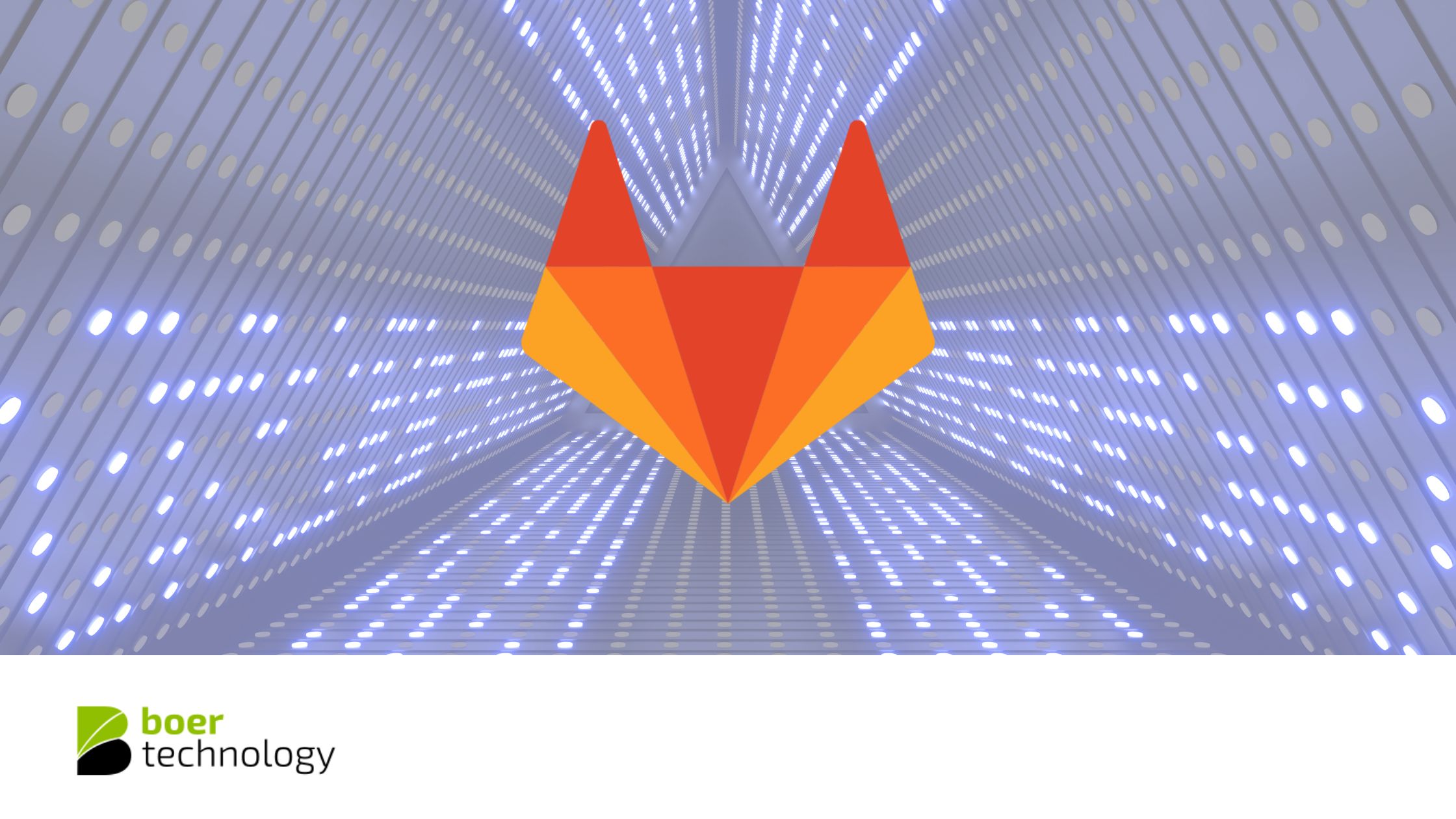What is GitLab?
GitLab is a powerful, web-based DevOps lifecycle tool that provides a Git repository manager offering wiki, issue-tracking, and CI/CD pipeline features, all using an open-source license. It's an integrated platform for modern software development, enabling teams to collaborate, develop, secure, and operate software in a single application. This article delves into the features, benefits, and significance of GitLab in the world of software development.
Overview of GitLab
GitLab was created to help developers manage code repositories and streamline the development process. It offers a comprehensive suite of tools that cover the entire DevOps lifecycle, from project planning and source code management to CI/CD, monitoring, and security.
Initially launched as a source code management (SCM) solution, GitLab has evolved into a robust platform that supports DevOps practices. It is available in both free and paid versions, with the free version offering essential features for small teams and individuals, while the paid versions include advanced capabilities for larger enterprises.
Key Features of GitLab
-
Source Code Management (SCM): GitLab provides a Git repository for source code management, allowing teams to host and review code, manage projects, and track changes efficiently. Its collaboration features include merge requests, inline commenting, and code reviews.
-
Continuous Integration/Continuous Deployment (CI/CD): GitLab's built-in CI/CD capabilities enable automated testing, integration, and deployment of code. Developers can create pipelines to automate the process, ensuring that code changes are tested and deployed quickly and reliably.
-
Issue Tracking and Project Management: GitLab includes robust project management tools, such as issue tracking, milestones, and boards. These features help teams plan, organize, and manage their work effectively, ensuring that projects stay on track.
-
Security and Compliance: GitLab offers various security features to help developers write secure code and comply with industry standards. It includes tools for static and dynamic application security testing (SAST/DAST), dependency scanning, and container scanning.
-
Monitoring and Analytics: GitLab provides monitoring and analytics tools that help teams gain insights into their application's performance and stability. These tools include application performance monitoring (APM), error tracking, and usage analytics.
-
Collaboration and Communication: GitLab fosters collaboration through its built-in chat and video conferencing features. Teams can communicate in real-time, share updates, and resolve issues quickly without leaving the platform.
-
Wiki and Documentation: GitLab includes a wiki feature for creating and maintaining project documentation. This helps teams keep all relevant information in one place, making it easier to share knowledge and onboard new team members.
Benefits of Using GitLab
-
Single Platform for DevOps: GitLab's all-in-one platform eliminates the need for multiple tools, reducing complexity and improving efficiency. Teams can manage their entire DevOps lifecycle within GitLab, from planning and coding to testing and deployment.
-
Enhanced Collaboration: With GitLab, teams can collaborate more effectively, thanks to its comprehensive suite of collaboration tools. Merge requests, code reviews, and inline commenting make it easy for developers to work together and ensure high-quality code.
-
Improved Code Quality: GitLab's CI/CD capabilities enable automated testing and continuous integration, which help catch bugs and issues early in the development process. This leads to higher code quality and more reliable software.
-
Increased Security: GitLab's security features help developers identify and fix vulnerabilities in their code. Automated security testing and compliance checks ensure that code meets industry standards and reduces the risk of security breaches.
-
Scalability and Flexibility: GitLab is suitable for teams of all sizes, from small startups to large enterprises. Its flexibility allows organizations to customize workflows and integrate with other tools, making it adaptable to various development environments.
-
Cost-Effective: GitLab's open-source version provides essential features for free, making it an affordable option for small teams and individual developers. The paid versions offer advanced features at competitive prices, providing excellent value for larger organizations.
Conclusion
GitLab is a comprehensive DevOps platform that streamlines the software development process, from planning and coding to testing and deployment. Its extensive feature set, combined with its focus on collaboration, security, and efficiency, makes it an invaluable tool for development teams. By integrating all aspects of the DevOps lifecycle into a single platform, GitLab helps organizations deliver high-quality software faster and more securely.
Read Also: UNDERSTANDING DEVSECOPS SOLUTIONS
Read Also: IMPLEMENTING DEVSECOPS: A COMPREHENSIVE GUIDE



